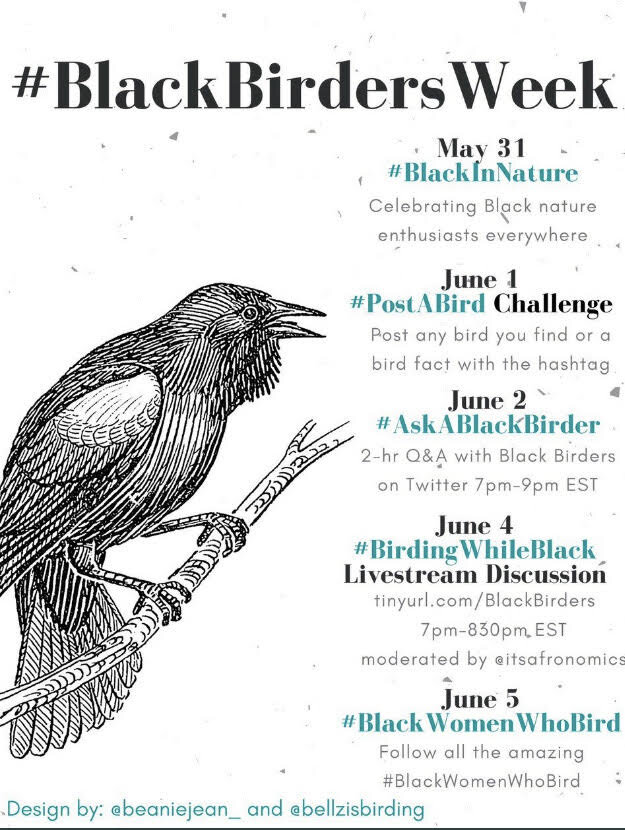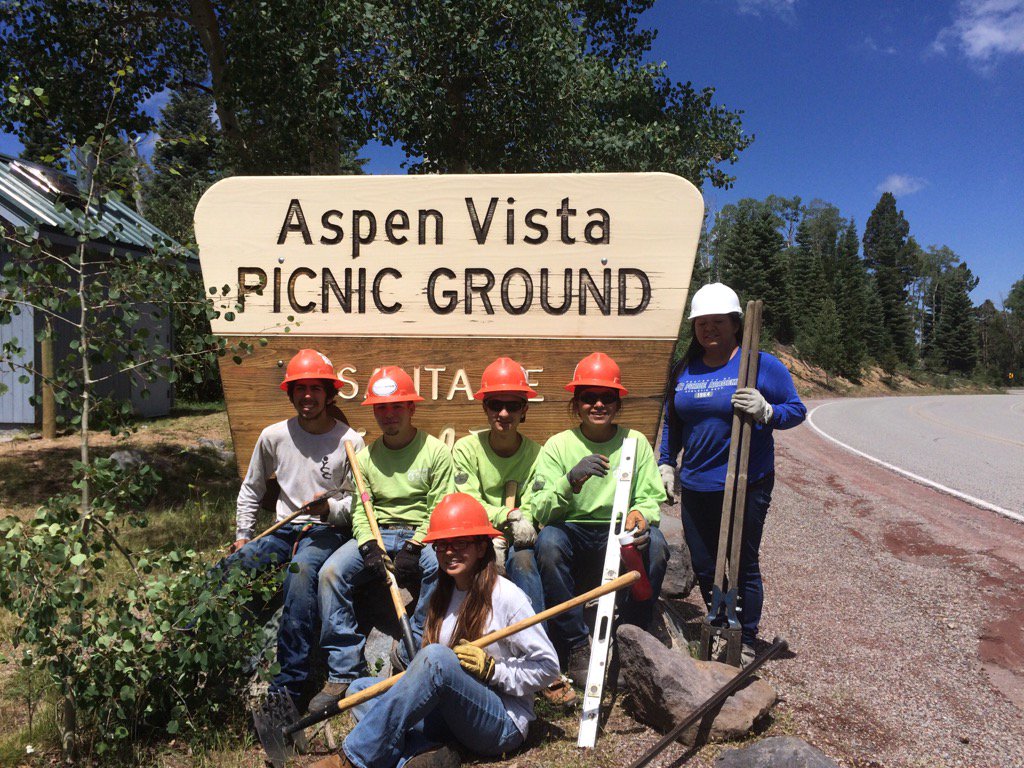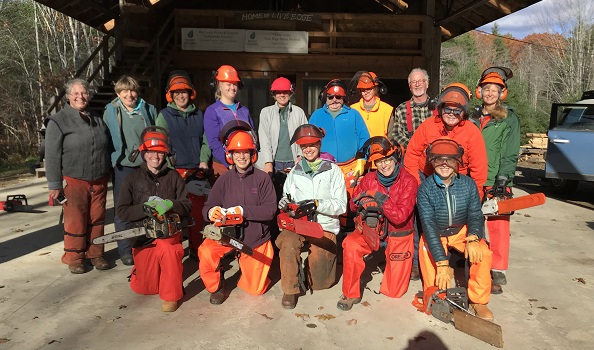Diversity, Equity, Inclusion, and the Guild
At the Forest Stewards Guild, our staff is reckoning with our country’s violent history and taking a hard look at the ingrained and systemic racial injustices present in our field. From their respective (home) offices in Colorado and Massachusetts, Corrina and Leonora reflect on how the Guild is responding.
Last week we heard from Zander on Racial Justice and the Role of Socially Responsible Forestry. Concurrently, Guild staff members put our heads together to define some initial areas for action. We are currently working to define the action steps—for both the short term and the sustained long term—by which we believe we can have the greatest impact.
Forestry, land management, and environmental fields have excluded voices from communities who are black, indigenous, and of people of color (BIPOC), making the bedrock of these fields inherently racist. We want to do better. We see opportunities to grow and continue to expand our work in the areas of diversity, equity and inclusion.
 Immediate responses
Immediate responses
This is a nascent conversation, and we don’t presume to have the answers! A crucial first step the Guild took was to open spaces for recurring conversations among staff, board, and Membership and Policy Council (MPC) members, laying the groundwork for continued discussions and action. We’re also opening the door to your ideas and would appreciate hearing from you!
In early June we posted an article highlighting the digital movement #BlackBirdersWeek. This inaugural week-long event included photo posts, Q&As, and panel discussions with birders including author, poet, and wildlife biologist Drew Lanham and birder, naturalist, and host of Birds of North America Jason Ward. This is one small step. We hope to begin to use our platforms more often to amplify BIPOC voices.
Short-term objectives
As part of our ongoing commitment to Diversity, Equity, and Inclusion (DEI) in hiring, we are revisiting our staff benefits package to ensure that it supports an inclusive workforce. On the programs and projects front, we are building accountability for our diversity, equity, inclusion, and justice goals by including them in our project headers to keep them at the forefront of all the work we do. This will also help us share our progress.
We recognize that so many aspects of environmental history in the U.S., from indigenous land management and historic use of fire to the problems with referencing “wilderness,” fall grievously short of telling the whole story. In many places, the right to manage forests and land was taken from indigenous tribes that had stewarded their ancestral lands for generations. The Forest Stewards Guild is an organization founded within our country’s colonial context—a context which we must endeavor to better understand and dismantle as a forward-looking nationwide organization. We are exploring options to decolonize the forestry library and provide information, context, and histories beyond the dominant narrative. Other projects will offer their own opportunities. For example, a fire history webinar currently in development (and part of a regional fire science series) provides the chance to integrate and emphasize the often-missing indigenous land management perspective.
In the same vein, we are looking to use our platforms to publish conservation-related content from BIPOC voices and amplify them in the environmental field. We intend to expand our ecosystem of partners by connecting with people dedicated to making the outdoors and environmental fields accessible to all people. Please stay tuned as we move forward.

Ongoing work
Since the Forest Stewards Guild was founded 25 years ago, we have worked to bring together diverse perspectives from the forest stewardship community. This has included students, wildlife biologists, people of color, people with decades of conservation wisdom, those from underserved rural communities, and women forest stewards. Our current programs strive to uphold our values of diversity, equity, and inclusion. The Forest Stewards Guild will work to improve existing programs and projects that amplify these values.
In New Mexico, the Forest Stewards Youth Corps provides career training in natural resources for sixteen- to nineteen-year-olds from forest-dependent communities in New Mexico that have few employment opportunities. Our wildland fire module, Gravitas Peak, has similar, advanced opportunities for eighteen- to twenty-five-year-olds. Beyond serving youth and young people, our Fire Management Program’s mission revolves around providing people who have fewer opportunities with skilled training experiences and jobs. Our strong involvement with Women Owning Woodlands is another example of how we aim to provide training, access, advancement, empowerment, and opportunity to traditionally underserved communities. These are just a few examples of our ongoing work, which we will review and improve upon through a racial justice lens. As we move forward, adaptive management and evaluation of these programs to encompass our DEI objectives will be crucial to our success in fighting systemic racism in the forestry and land management professions.
 Long-term goals
Long-term goals
We are committed to upholding diversity, equity and inclusion as integral parts of how we operate. We must continue to contribute actions for lasting change, and we are identifying and clarifying what these future steps will look like for us as an organization. It will undoubtedly take us some time to get things right. However, we’re committed to sustaining our momentum, striving for meaningful change, and giving racial and social justice their due space.
We have a long path to cut, and we would welcome your ideas and feedback! We invite you to share them with Colleen at membership@forestguild.org, or by reaching out to the Guild’s Membership and Policy Council representatives. And, in order to make sure the conversation continues, we will be featuring updates in Across the Landscape. Please keep an eye out for further information as our plan for action evolves.
